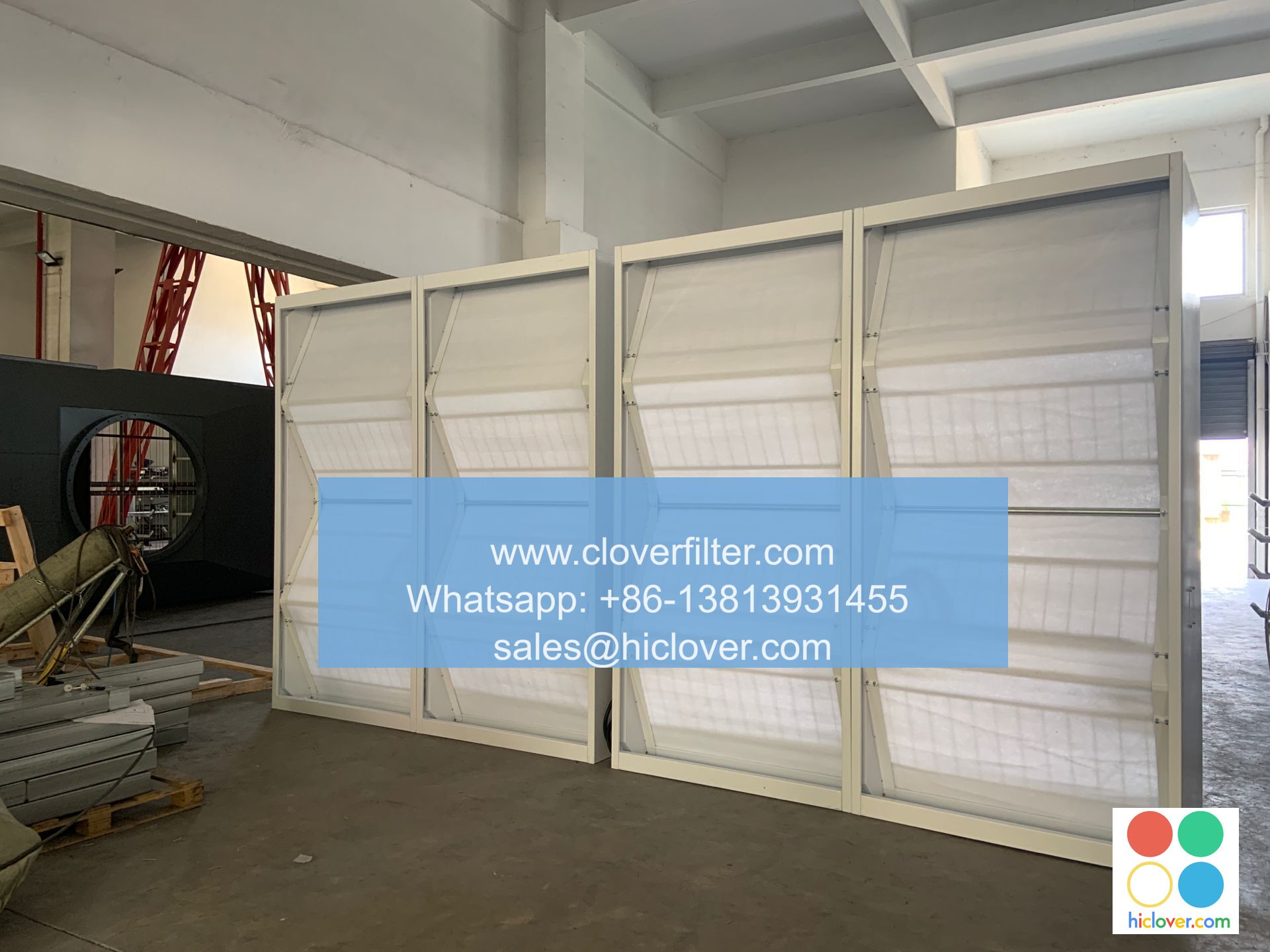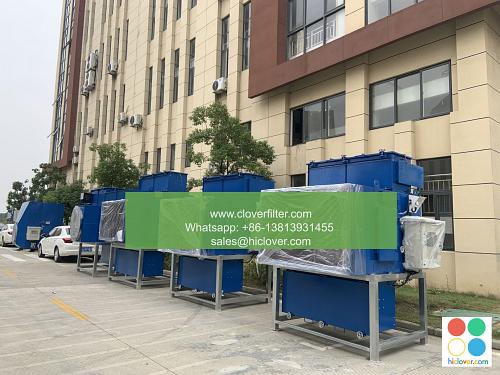Air Filter Energy Savings: A Review of the Top Options

As the world becomes increasingly aware of the importance of energy efficiency and sustainable living, finding ways to reduce our carbon footprint has become a top priority. One often overlooked area where significant energy savings can be made is through the use of high-efficiency air filters. In this article, we will review the top options for air filter energy savings and explore their applications in various fields, including residential HVAC systems, commercial buildings, and industrial processes.
Introduction to Air Filter Energy Savings
Traditional air filters can account for a significant portion of a building’s energy consumption, particularly in heating, ventilation, and air conditioning (HVAC) systems. By switching to high-efficiency air filters, building owners and managers can reduce their energy bills while also improving indoor air quality. These filters are designed to capture more particles and pollutants, reducing the load on HVAC systems and resulting in lower energy consumption.
Top Options for Air Filter Energy Savings
Several types of air filters are available on the market, each with its own set of benefits and applications. Some of the top options for air filter energy savings include:
* HEPA (High Efficiency Particulate Air) filters: These filters are capable of capturing 99.97% of particles as small as 0.3 microns, making them ideal for hospitals, clean rooms, and other high-sensitivity environments.
* Activated Carbon filters: These filters are designed to capture gases and odors, making them perfect for kitchen exhaust systems and indoor air pollution control.
* Pleated filters: These filters are designed to increase the surface area of the filter media, resulting in better airflow and lower pressure drops. They are ideal for residential HVAC systems and commercial buildings.
* Electrostatic filters: These filters use electrostatic charges to attract and capture particles, making them a low-maintenance and energy-efficient option for industrial processes and commercial buildings.
Applications of Air Filter Energy Savings
The applications of air filter energy savings are diverse and widespread, including:
* Residential HVAC systems: By installing high-efficiency air filters in residential HVAC systems, homeowners can reduce their energy bills and improve indoor air quality.
* Commercial buildings: High-efficiency air filters can help reduce energy consumption and improve indoor air quality in commercial buildings, such as office buildings, schools, and hospitals.
* Industrial processes: High-efficiency air filters can help reduce energy consumption and improve process efficiency in industrial processes, such as manufacturing and chemical processing.
* Clean rooms and high-sensitivity environments: HEPA filters and other high-efficiency air filters are essential for maintaining ultra-clean environments in clean rooms, hospitals, and other high-sensitivity environments.
Conclusion
In conclusion, air filter energy savings is a critical aspect of energy efficiency and sustainable living. By choosing the right type of high-efficiency air filter for a specific application, building owners and managers can reduce their energy bills, improve indoor air quality, and contribute to a more sustainable future. Whether you’re looking to upgrade your residential HVAC system, improve indoor air quality in your commercial building, or optimize industrial processes, high-efficiency air filters are an essential component of any energy-efficient and sustainable solution. You haven’t asked a question or provided any context. What would you like to talk about?

